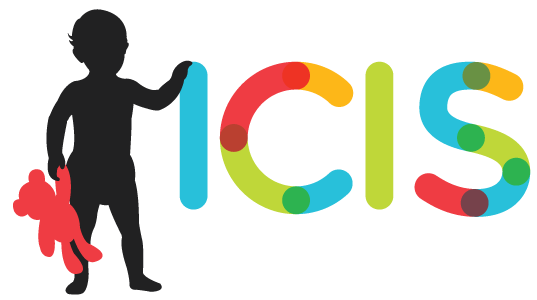The Baby Blog
A place to highlight new published findings, shine a spotlight on the researchers in our field, and share new tools of the trade that might help make life easier for ICIS Membership.
Before and after lockdown: The COVID-19 pandemic and early social cognition skills
The COVID-19 pandemic impacted many aspects of daily life, as governments issued shelter-in-place orders that mandated social distancing. These mandates led to changes that included the closing of schools, daycares, and businesses, causing major increases in remote...
Solving the origins of knowledge: Brain development as energy minimization?
Brains are marvels of biological engineering. With 86 billion neurons and trillions of connections, human brains are the most complex structures in the known universe. But where does this structure come from? How does a mass of brain tissue develop into a coordinated,...
To try or not to try: That is the (developmental) question
As human adults, we spend a great deal of our daily lives figuring out whether, when, and how to deploy effort in the face of obstacles. Should we continue to try to complete a hard workout, or is it a fool’s errand? Should we endeavor to get that grant proposal in,...
At First Sight: the prenatal origins of face recognition
Faces play a crucial role in human interaction. They are among the most captivating and salient stimuli, essential to set the foundation for social connection and information sharing. It therefore doesn’t seem so implausible that the ability to discriminate faces from...
Early Markers and Precursors of ADHD in Infancy: What do we know and where are we going?
Attention-deficit/hyperactivity disorder (ADHD) is the most prevalent neurodevelopmental condition, affecting ~8% of children in the U.S.1 With an average age of diagnosis of approximately 7 years, by the time it’s typically detected, intervention can already be a...
Investigating individual differences in social and emotional development
Have you ever wondered why people respond so differently to the same stressful situation? My research focuses on understanding this question by studying individual differences in social and emotional development. Specifically, I investigate why and how infants and...
In Memoriam: In loving memory of Lois Bloom
On January 14, the field of language acquisition lost one of its founding mothers, Lois Bloom. After graduating with a Ph.D. from Columbia University, where she studied with famed sociolinguist William Labov in the Department of Linguistics, she moved to Teacher’s...
In Memoriam: Celebrating Clancy Blair
The developmental psychology community mourns the loss of Dr. Clancy Blair, a scholar whose groundbreaking research and compassionate mentorship have left an indelible mark on our field. His prolific career began as a professor at Penn State before joining New York...
Kinship terms of address and reference among families in Singapore
This post is based on a poster with the same title that I and Suzy J. Styles presented at #ICIS2024, but given a different spin for the Infancy Baby Blog. Recently, I was describing my research on kinship terms to a friend, and how in Chinese culture, we never ever...
Peeking inside the brain prior to birth
The formation of neural circuitry is an astonishing feat. Within a matter of months, two individual cells transform into a fully functioning nervous system. By adulthood, a single cubic millimeter of human brain tissue, roughly the size of a sharpened pencil tip,...
